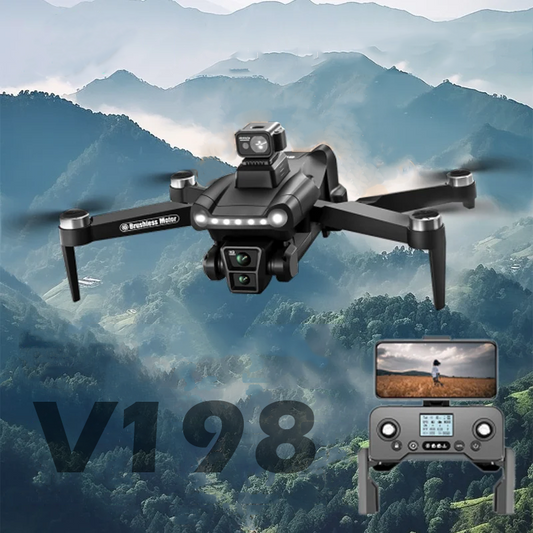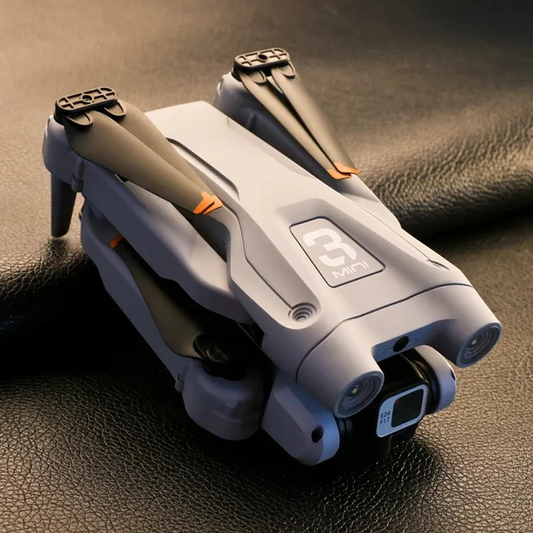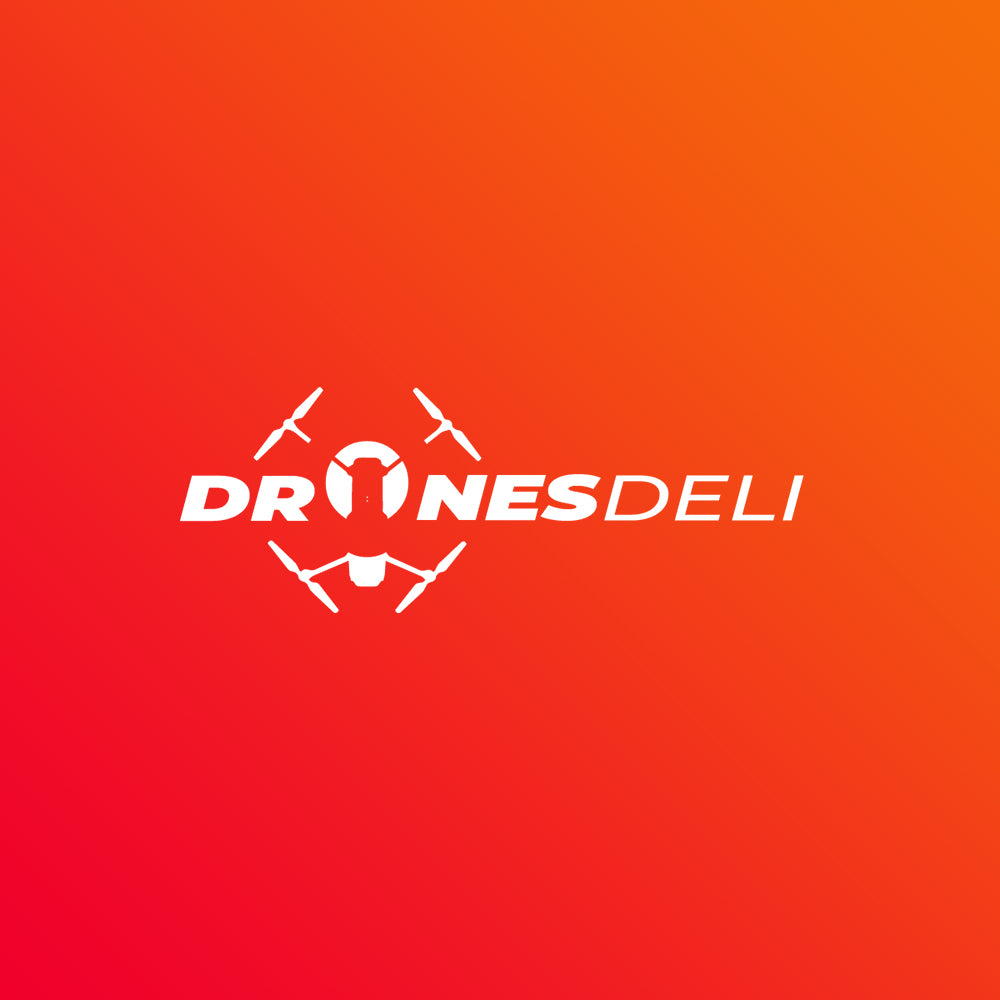The Role of Drones in Sustainable Agriculture and Food Security

In recent years, drones have emerged as game-changers across various industries, and agriculture is no exception. With the global population projected to reach 9.7 billion by 2050, ensuring food security while minimizing environmental impact has become a paramount concern. Fortunately, drones offer innovative solutions that address both challenges simultaneously. In this article, we'll delve into the multifaceted role of drones in sustainable agriculture and how they contribute to securing our food future.
Understanding Sustainable Agriculture and Food Security

Before we explore the role of drones, it's crucial to grasp the concepts of sustainable agriculture and food security. Sustainable agriculture involves practices that aim to meet current food needs without compromising the ability of future generations to meet their own needs. It emphasizes environmental stewardship, economic viability, and social equity.
Food security, on the other hand, refers to the consistent access to safe and nutritious food to maintain a healthy and active life. Achieving food security entails ensuring that food is available, accessible, and utilized effectively.
The Promise of Drones in Agriculture

Drones, also known as unmanned aerial vehicles (UAVs), have garnered attention for their potential to revolutionize agriculture practices. These aerial devices equipped with various sensors and imaging capabilities offer farmers valuable insights into their crops, soil, and overall farm management. Let's explore how drones contribute to sustainable agriculture and food security:
1.Precision Agriculture

One of the primary applications of drones in agriculture is precision agriculture. By flying over fields and capturing high-resolution images, drones provide farmers with detailed data on crop health, water stress, nutrient deficiencies, and pest infestations. Armed with this information, farmers can make data-driven decisions regarding irrigation, fertilization, and pest control, optimizing resource utilization and minimizing environmental impact.
2.Soil Health Assessment

Healthy soil is the foundation of productive agriculture. Drones equipped with sensors can assess soil health parameters such as moisture content, pH levels, and nutrient composition with unparalleled efficiency. By identifying areas with soil degradation or nutrient deficiencies, farmers can implement targeted soil conservation and improvement strategies, fostering long-term sustainability.
3.Crop Monitoring and Management

Monitoring crop growth and development is essential for maximizing yields and minimizing losses. Drones equipped with multispectral or thermal cameras can capture detailed images of crops throughout the growing season. These images help identify areas of stress, detect disease outbreaks, and assess crop maturity. With real-time insights provided by drones, farmers can intervene promptly, implementing measures to mitigate risks and optimize yields.
4.Precision Spraying and Planting

Traditional methods of spraying pesticides and fertilizers often result in overuse and environmental contamination. Drones equipped with precision spraying systems offer a more targeted and efficient approach. By precisely delivering inputs based on crop needs and field conditions, drones reduce chemical usage, minimize drift, and protect water quality. Similarly, drones equipped with planting systems can automate seeding operations with precision, optimizing seed placement and spacing for optimal growth.
5.Wildlife and Pest Management

Protecting crops from pests, diseases, and wildlife damage is essential for ensuring food security. Drones equipped with cameras and sensors can detect signs of pest infestations or wildlife intrusion early on, allowing farmers to implement timely interventions. Additionally, drones can be used to survey larger areas quickly, enabling more effective wildlife management strategies and minimizing crop losses.
6.Enhancing Resilience to Climate Change

Climate change poses significant challenges to agriculture, including extreme weather events, shifting precipitation patterns, and rising temperatures. Drones play a vital role in helping farmers adapt to these challenges by providing timely information and insights. From assessing flood damage to monitoring drought stress, drones empower farmers to respond effectively to climate-related risks, enhancing the resilience of agricultural systems.
In conclusion, drones are revolutionizing agriculture practices and playing a crucial role in promoting sustainability and food security. By enabling precision agriculture, soil health assessment, crop monitoring, precision spraying, wildlife management, and climate resilience, drones empower farmers to optimize resource use, minimize environmental impact, and ensure the availability of safe and nutritious food for future generations. As technology continues to advance, the potential of drones in agriculture remains limitless, offering hope for a more sustainable and food-secure future.
Explore a variety of drones at our online drone store.
Happy Flying!









